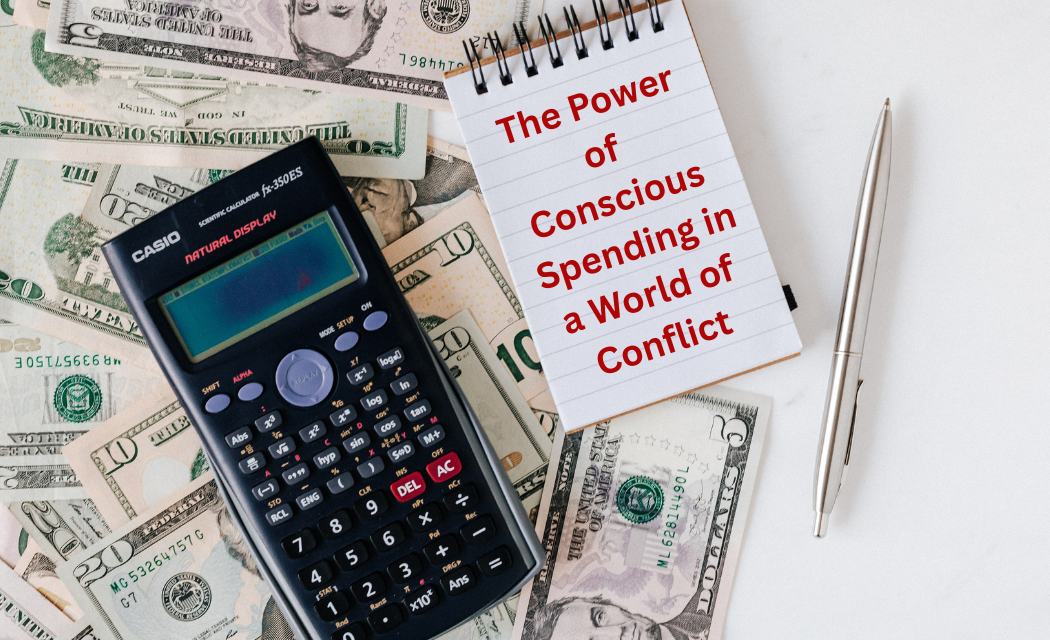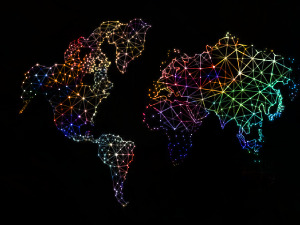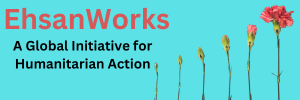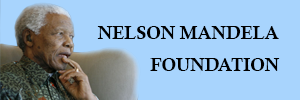The Power of Conscious Spending in a World of Conflict
Moujtaba Akhwand, Director of the Freemuslim Association, emphasizes that conscious living and spending are urgent responsibilities in a world where our economic choices carry far-reaching consequences. While we may not all stand on the frontlines of change, the way we spend our money—through consumer choices or government allocations—shapes the human condition. Our generation can be a generation of change, one that directs economic power toward peace and dignity rather than violence and repression.
The plight of the Uighurs in Xinjiang illustrates this reality. Research shows that Uighurs continue to face dispossession, urban displacement, and forced labor, with nearly a million detained in “re-education” centers since 2017 (Tynen, 2020). These practices, tied to global supply chains, mean that products on international markets can be linked to systemic abuses. Conscious consumers must recognize this connection and redirect spending to businesses that value human rights.
The Middle East offers another urgent case. In Gaza, the humanitarian crisis has deepened alarmingly. As of mid-2025, over 62,000 Palestinians have been killed, including at least 18,500 to 18,885 children (Washington Post, 2025; Al Jazeera, 2025; Reuters, 2025). Starvation and malnutrition also continue to take a tragic toll—313 people, including 119 children, have died from hunger (The Guardian, 2025). An area of Gaza City has now been officially declared a famine zone, affecting over half a million people (Washington Post, 2025; Reuters, 2025). These figures underscore how consumer dollars, taxpayer contributions, and government resources can indirectly fuel conflict or starvation, making it more vital than ever to question both our purchases and what our governments fund.
In Africa, displacement and child soldier recruitment remain devastating, though up-to-date continent-wide figures for 2025 are sparse. Earlier reports show alarming levels of youth involvement: in the Democratic Republic of the Congo, nearly 30% of armed group members were children, and in Sierra Leone’s civil war, over 10,000 child soldiers under the age of twelve were forced into combat (Betancourt et al., 2011). Broader studies confirm that Africa accounts for nearly 40% of the world’s child soldiers, with 105,000 recruited between 2005 and 2022 (Georgetown Journal of International Affairs, 2024).
South Asia, too, continues to suffer under the recruitment of children by extremist groups like the Taliban—deploying boys as young as ten for combat and suicide missions (ACCORD, 2015). Poverty, instability, and extremist ideologies continue to exploit the vulnerable, reminding us that violence thrives when unchecked.
Taken together, these realities—from Xinjiang to Gaza, from Africa to Afghanistan—reveal the interconnectedness of economic decisions and human suffering. Mr. Akhwand insists that conscious living is about more than personal wellness; it is about recognizing that our dollars and our governments’ allocations can sustain violence or promote peace. By refusing to support entities that provoke conflict and by redirecting our spending to ethical causes, each of us contributes to coexistence and compassion. This is not a political stance but a human one, rooted in our shared duty to leave behind a world where dignity and peace prevail over displacement and war.
